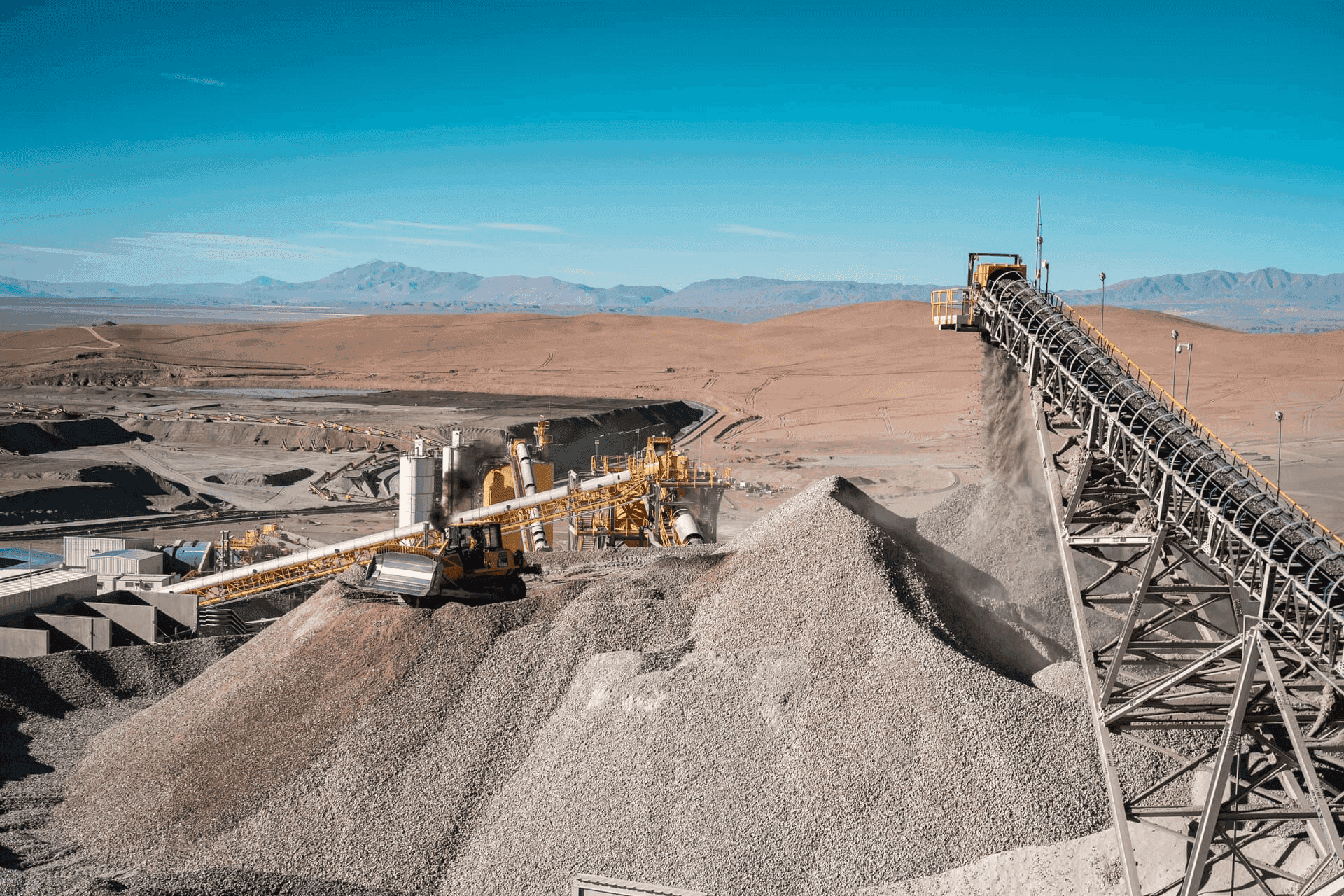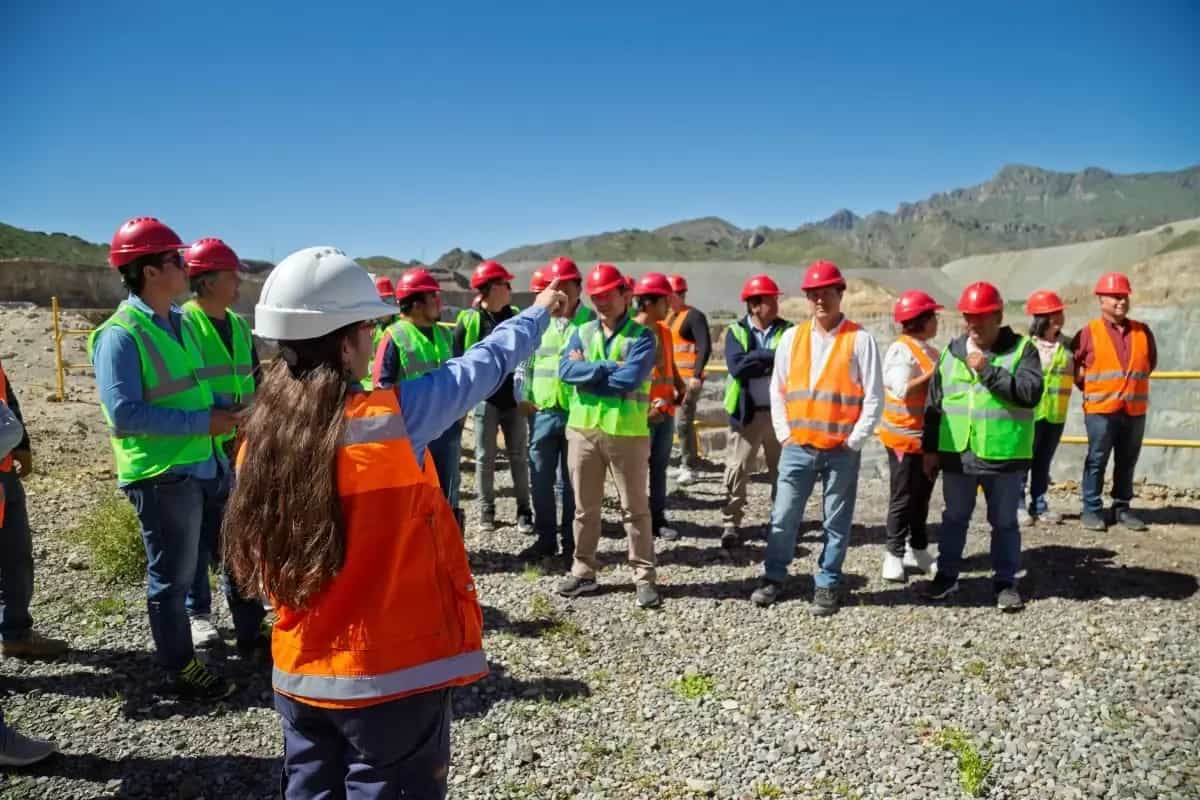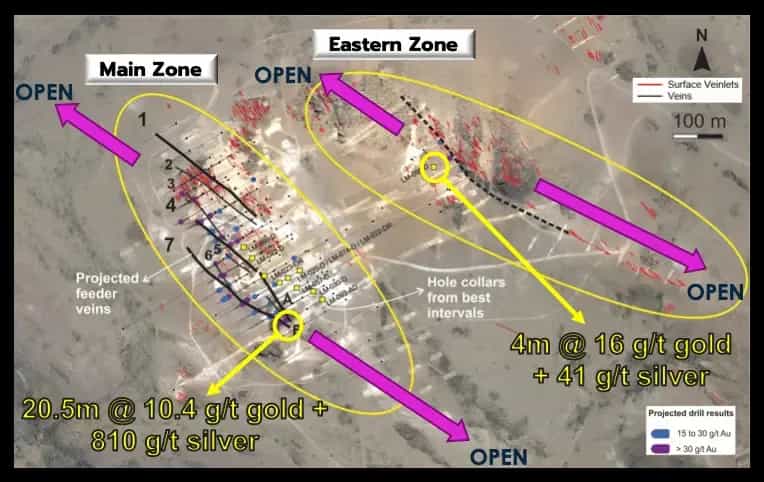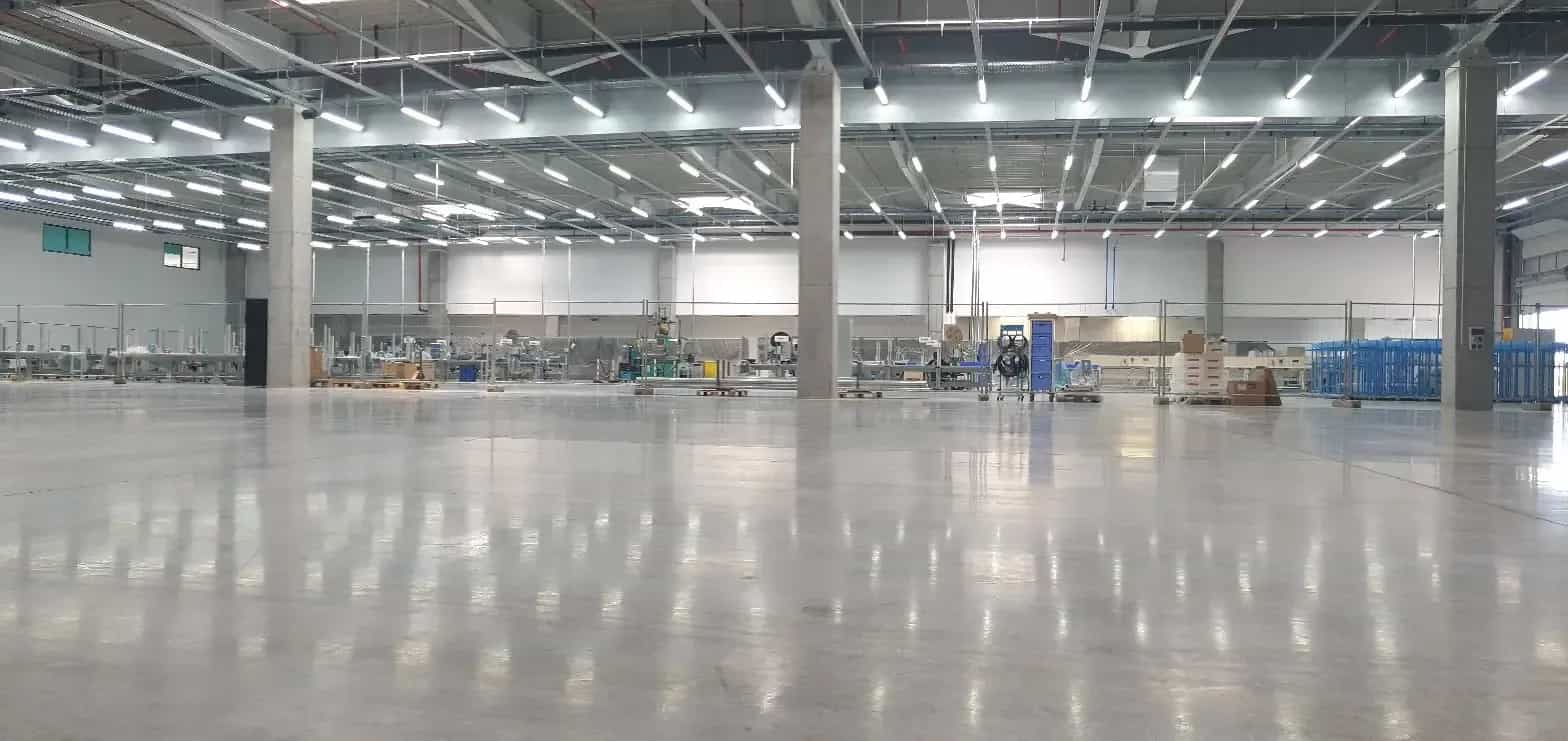A new Accenture study reveals that while 59% of natural resources companies have already implemented AI agents, the widespread adoption of generative technologies and workforce transformation still face critical gaps.
By Panorama Minero
Artificial Intelligence (AI) is no longer a future promise for the natural resources industry; it is a rapidly expanding reality. According to the latest Accenture report, 59% of companies in the sector — including mining, oil, gas, and energy — have already invested in developing AI agent architectures, achieving faster initial adoption compared to other economic sectors.
However, the large-scale implementation of Generative AI — technologies capable of analyzing vast datasets and generating high-value predictive patterns — still faces significant barriers. Only 38% of natural resources executives reported that their organizations are currently scaling the use of generative AI, according to the study.
Concrete Applications: The Mining Sector
In mining, the possibilities offered by generative AI are becoming increasingly tangible. Sebastián Feldberg, Industry X Leader at Accenture, noted that these technologies enable companies to optimize exploration campaigns by analyzing massive volumes of historical data, geophysical sensor readings, soil samples, and satellite imagery.
"Generative AI can identify patterns and propose new areas with mineral potential, significantly improving success rates during early-stage exploration," Feldberg explained.
Beyond exploration, AI also offers concrete opportunities to enhance operational efficiency, strengthen safety at mining sites, and improve strategic decision-making in increasingly complex environments.
Human Talent: The Critical Link
Beyond technology itself, the true value of AI will depend on its integration with human talent. Yet, Accenture’s report reveals that only 39% of natural resources leaders currently have a clear roadmap for reconfiguring their workforce in an AI-driven world.
Feldberg emphasized that "reimagining workflows is essential so that new multi-agent capabilities enhance, rather than replace, human skills. Training, role transformation, and human-machine collaboration will be decisive factors in unlocking the full potential of generative AI."
Governance and Responsibility: An Outstanding Debt
Another critical issue highlighted by the report is the lack of robust risk management strategies. Only 37% of executives surveyed stated that their organizations currently have formal Responsible AI principles and governance structures capable of overseeing the full life cycle of these emerging technologies.
Accenture warns that in the face of growing risks related to algorithmic ethics, data privacy, and decision-making biases, the natural resources industry has a key role to play in promoting safe, ethical, and transparent AI.
"Driving responsible AI is not a solitary task," Feldberg stressed. "It requires ongoing collaboration with legislators, industry leaders, public institutions, and the broader ecosystem to establish shared regulatory frameworks and best practices that foster both innovation and accountability."
An Unavoidable Transformation
AI adoption in the natural resources sector — particularly in mining — is advancing steadily but still faces strategic challenges that will define its true impact in the coming years: scalability, skilled workforce development, and effective governance.
As experts point out, the time to act is now. The combination of technology and strategic vision will be crucial for companies to seize the opportunities for efficiency, competitiveness, and sustainability that the new era of artificial intelligence brings to the table.












